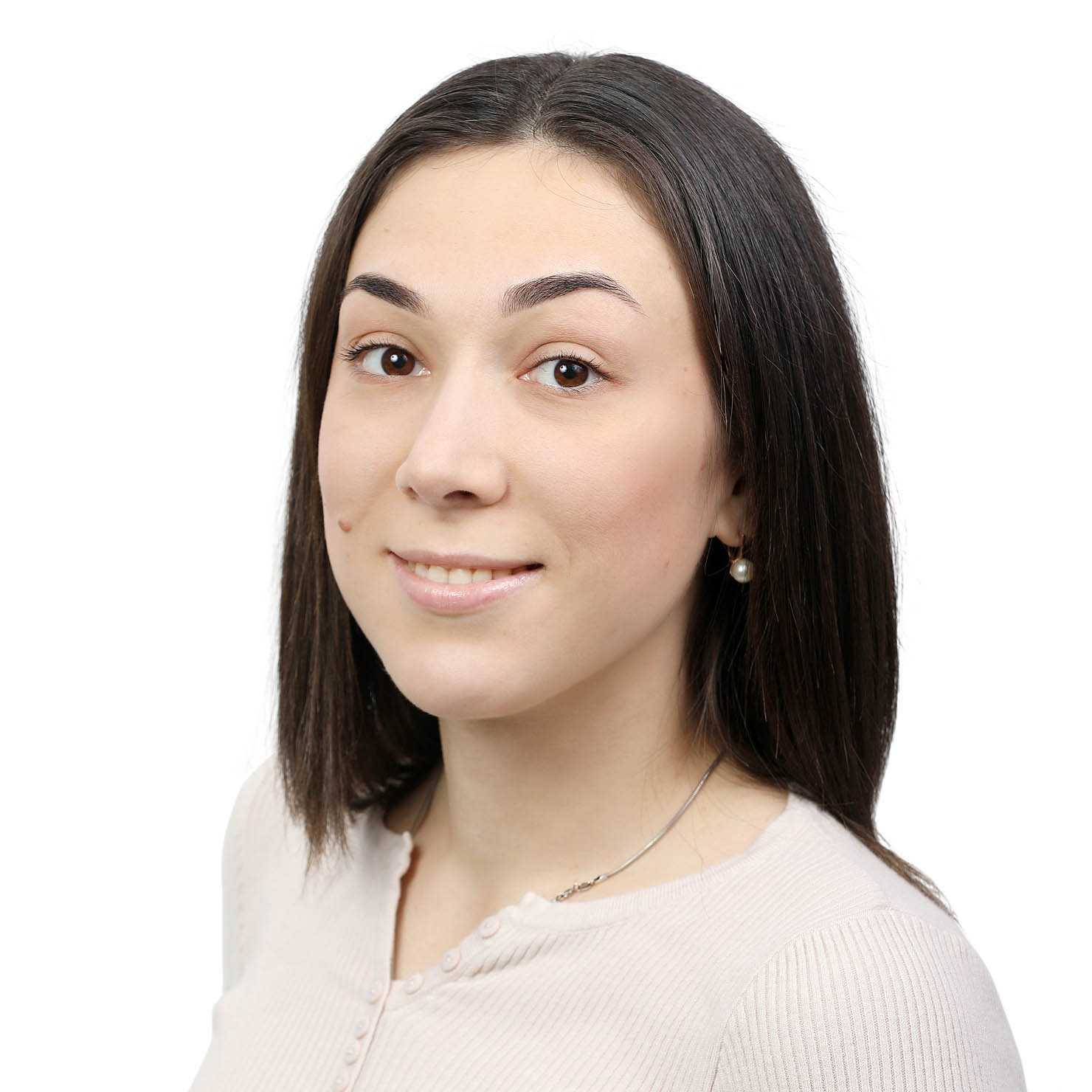Symptoms and treatment of migraine: the main triggers of the disease
Migraines are headache attacks that are repeated and may be accompanied by nausea, vomiting, and increased sensitivity to light. Migraine attacks are three times more common in women than in men. Migraine headaches are experienced by four out of 20 women and one out of 20 men. The first attacks are usually noted in adolescence. The debilitating pain caused by migraines can last for hours or even days. Migraine is a common problem that affects about 12% of the population.
Why does the head ache in the forehead area
There are several different types of migraine. The most common ones include:
- classic – migraine with aura;
- ordinary – migraine without aura.
The term "aura" is used to describe auditory, visual, olfactory, sensory symptoms that may precede an attack:
- flashes of light;
- blind spots;
- tingling in hands and feet;
- nausea/vomiting;
- increased sensitivity to light and sound.
Why is a headache in the forehead area a migraine? The difference between a migraine headache and any other is in clear stages of the disease.
Most patients go through stages:
- harbinger - a day before the attack, the mood changes, fatigue appears, stiffness of the occipital muscles is observed;
- an aura experienced by one out of three patients;
- main attack – headache, nausea, photophobia;
- resolution – gradual or sudden cessation of the attack.
Patients suffering from migraines experience throbbing pain concentrated in one or both halves of the head. The pain worsens with the slightest activity and lasts from 4 to 72 hours. Migraine symptoms and treatment are different from other types of headache. Therefore, a doctor should make a diagnosis and prescribe drug therapy.
Causes of headache in children
The child often has a headache - an examination is necessary. Constant headaches can be the result of trauma, vascular disorders, neurological problems, chronic pathologies of the ENT organs.
Migraines are often the cause of headaches in teenage children. The exact "culprit" of the disease is unknown. Genetic factors play a role. Studies of twins confirm the probability of a genetic influence (35-51 percent). There are hypotheses about the connection of migraine with a violation of the balance of chemical substances, since during attacks the level of serotonin decreases. So far, only the factors provoking the disease have been accurately determined.
Migraine trigger:
- stress or relaxation after a stressful period
- missing meals;
- change in sleep structure;
- certain foods, drinks;
- loud sounds, bright lights;
- head or neck injuries.
Migraine treatment
Unfortunately, migraine cannot be cured with one pill or folk remedies. Drug therapy helps to control the disease and minimize its consequences. How to treat a migraine and what drugs to take during attacks - the doctor decides, based on the specific symptoms of the patient. Self-help is reduced to resting in silence in a dark room.
Migraine drugs are divided into two categories: pain relievers (used during attacks to relieve symptoms) and preventive (taken regularly to reduce the severity and frequency of headache attacks).
Painkillers:
- NSAIDs (aspirin, indomethacin, ibuprofen and others) can help relieve migraines;
- paracetamol (Tylenol, Panadol and others);
- codeine-containing drugs (codeine in combination with aspirin or paracetamol and caffeine) relieve a moderate headache, but are ineffective in severe migraines;
- triptans from migraine exert a direct effect on serotonin receptors of smooth muscle fibers of the vascular wall. Triptans cause narrowing of dilated cerebral vessels, which reduces stimulation of pain receptors and helps reduce pain. Drugs of the group (sumatriptin, rizantriptan, zolmitriptan and others) effectively relieve pain and other symptoms associated with migraines. Triptans are available in tablets, nasal sprays, and injectable form;
- The combination of sumatriptin and naproxen sodium (Treximet) is more effective in relieving migraine symptoms than monotherapy. The drug is approved for the treatment of migraine in children; Ergots are combined preparations of ergotamine and caffeine. Less effective than triptans. It is used for prolonged migraine attacks.
Drugs for headaches during pregnancy should not affect the fetus. The drug of choice is paracetamol. Medicines should be taken only as prescribed by a doctor, strictly observing the dosage.
The doctor will also tell you how to get rid of a headache during breastfeeding. There are alternative migraine treatments that can be used by pregnant and breastfeeding women. These include acupuncture, biofeedback (relaxation), massage, cognitive behavioral therapy, vitamins and minerals, and coenzyme Q10 supplements. Read about preventive (prophylactic) drugs for the treatment of migraine on our website Dobrobut.com.
Related services:
Computer tomography
Magnetic resonance imaging


















